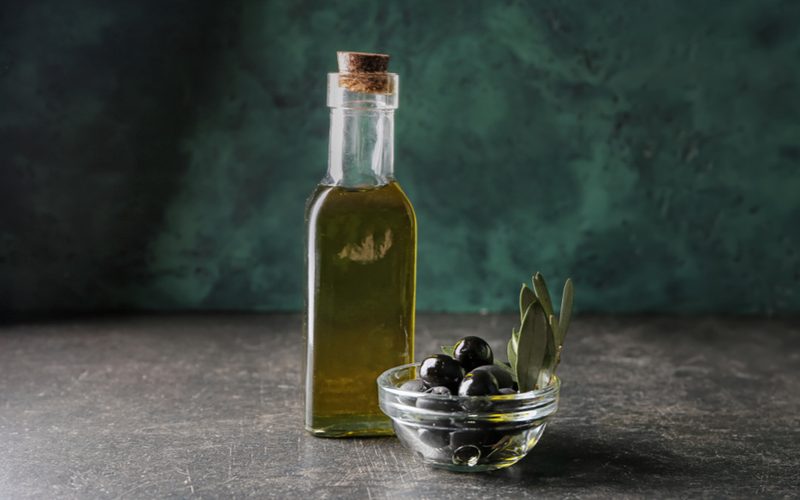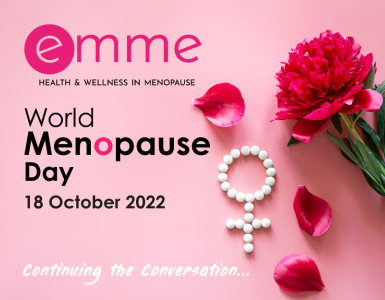When it comes to eating a healthy diet, consuming fats and oils are low down on the list. But the human body needs some level of fats to help with certain essential bodily functions. Fat is calorific (coming in at 9 calories per gram, compared to just 4 per gram of carbs or protein). So, we need to choose our fats carefully and olive oil is a good choice.
Here’s the lowdown on extra virgin olive oil…
Olive oil is extracted from olives via a crushing and spinning process and three different types can be produced – refined, virgin and extra virgin olive oil.
Extra virgin olive oil is the least processed and is considered the healthiest as it’s rich in vitamins E and K and antioxidants as well as being high in heart healthy monounsaturated fat and low in saturated fat.
Antioxidants help to protect the health of the immune system whilst monounsaturated fats are linked with protection against heart disease. Extra virgin olive oil is also a source of anti-inflammatory compounds that also help to protect the heart from chronic inflammation.
This type of olive oil forms an important part of the Mediterranean diet, considered one of the healthiest diets in the world due to its high levels of fresh fruits and vegetables, lean protein and healthy fats.
Together, these foods help to reduce inflammation, blood pressure and bad cholesterol at the same time as supporting healthy blood vessels and normal blood clotting. Collectively, this all helps to protect against heart disease and strokes.
There are also studies that suggest that consuming extra virgin olive oil as part of a healthy diet, such as the Mediterranean diet, can help to protect against the oxidative damage that can lead to some cancers. These include cancer of the breast and bowel. Evidence also suggests that this kind of diet can also help to reduce the risk of developing Alzheimer’s’ disease.
Due to the chemical bonds found in monounsaturated fats (which differ from polyunsaturated fats and saturated fats), extra virgin olive oil is very stable when heated such as when using it to stir fry foods
Polyunsaturated fats such as those found in sunflower and rapeseed oils are unstable when heated, causing them to become oxidised and damaged, which can mean that eating lots of them could result in disease. This also means that consuming foods cooked in extra virgin olive oil are still considered healthy since the oil is stable when heated.
Obviously extra virgin olive oil is still a fat and is therefore calorific, so care must be taken not to overdo things
A drizzle on a salad and a moderate amount used when cooking is enough to avoid weight gain from consuming too much fat.
But that aside, when it comes to choosing the best oil to consume on salads and to cook with, make it extra virgin olive oil!
















